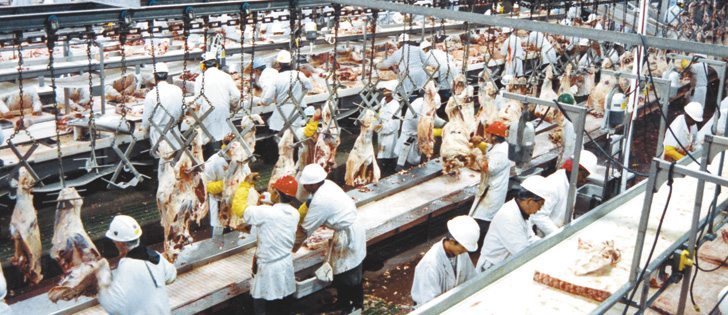BRUSSELS, Belgium (Reuters) – The European Union’s executive arm plans to propose a radical overhaul of the bloc’s budget that would shift spending away from agriculture toward innovation, climate and energy.
The proposal, likely to be made in late November, will set the scene for two years of tough negotiations among the bloc’s 27 governments, with Britain and France expected to fight especially hard to keep their current budget privileges.
The European Commission’s draft proposal does not mention a size for the budget, now worth $200 billion Cdn annually.
Read Also

Phosphate prices to remain high
Phosphate prices are expected to remain elevated, according to Mosaic’s president.
It calls for discipline, however, because governments will need to cut their fiscal deficits in the aftermath of the global economic crisis.
The proposal calls for “a major refocusing of EU spending priorities, with more emphasis on growth and jobs, climate and energy security … and less emphasis on agriculture” after 2013, which is when the EU’s long-term spending plan ends.
Help developing countries
Foreign aid would be another priority, assisting the EU to play a robust international role and helping foster reforms in developing countries, the commission said.
More than 40 percent of the EU budget is now spent on the farm sector and about one-third on regional aid, such as highway construction, preserving the environment and job training.
The draft said regional aid should focus more on high-value projects such as research and development, innovation, training and transnational programs, rather than simple infrastructural schemes.
The proposal to cut farm spending is certain to irk France, which is the main recipient of EU agricultural payments, along with Ireland and Poland.
Less spending for poor regions could irritate Poland and other new EU members from central and eastern Europe, which lag western Europe in wealth after decades of communist rule.














